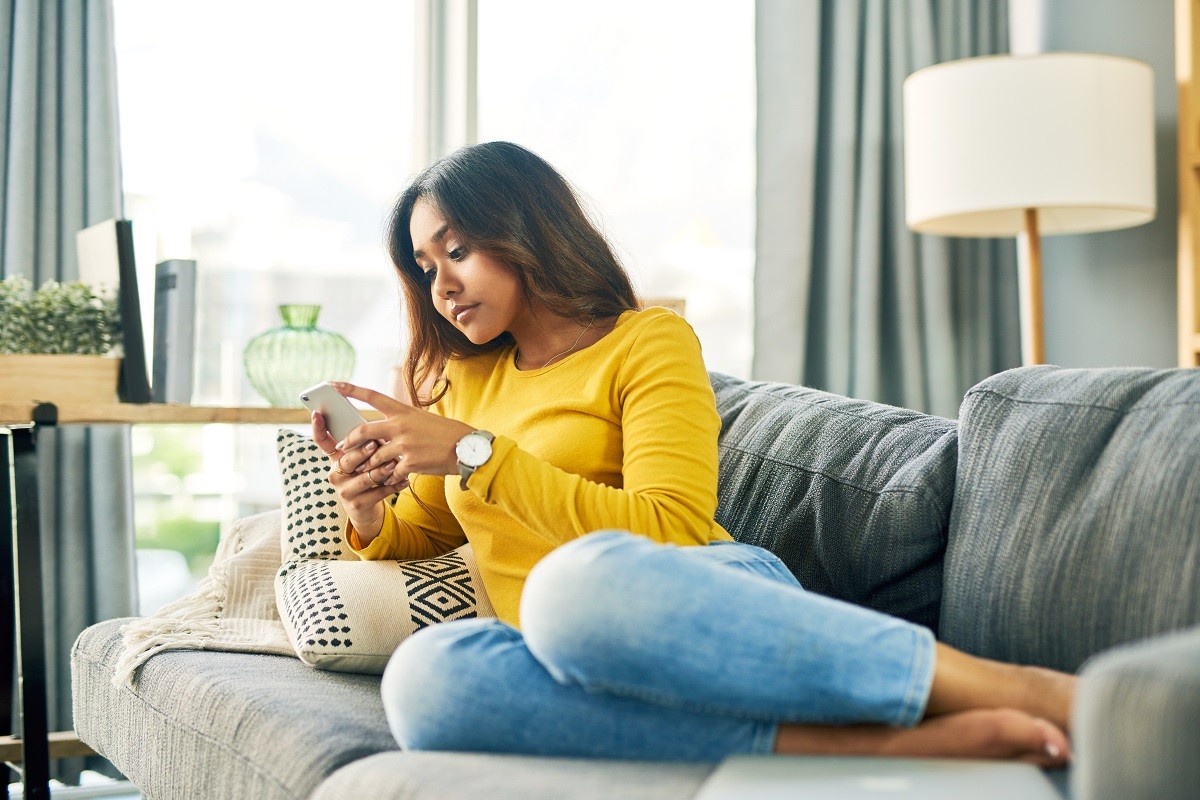Diagnosing and Treating Yeast Infections at Home
Did you know 3 out of 4 women will get a yeast infection in their lifetime? Many will get more than one. The good news for women—especially those who experience more than one—is you may be able to diagnose and treat a yeast infection from home. If you have never had a yeast infection, you’ll want to go to your doctor or at least talk to them first and get their advice.
Diagnosing a Yeast Infection: Signs to Look for
Once a woman has had a yeast infection, it’s usually easier for her to identify another one when symptoms first appear. Common symptoms can include:
- Itching or a feeling of irritation in and around the vagina
- Thick, white discharge (the texture of cottage cheese)
- Burning feeling especially when peeing or having sex
- Vaginal pain, redness and swelling
Sometimes there are no obvious symptoms, so it’s important to know what your body’s normal healthy state is. With a yeast infection, there is typically no odor. If you’re not sure if you have an infection, you can use the MONISTAT® Symptom Checker to help guide you. It’s just a few questions and should take you less than 1 minute to complete.


Do you have a yeast infection?
Answer a few questions and find out what your symptoms mean.
Treating a Yeast Infection at Home
If you recognize the symptoms of a yeast infection or your doctor agrees that your yeast infection is safe to treat at home, you’ll want to get MONISTAT® for relief.. MONISTAT® is the #1 OTC (over-the-counter) yeast infection brand and relieves yeast infection symptoms four times faster than the leading prescription pill.
While treating your yeast infection be sure to follow good hygiene practices, such as wiping front to back after going to the bathroom and drying off completely before dressing. Wear cotton panties and loose fitting clothes as much as possible until your yeast infection has cleared up.
When Not to Treat Your Yeast infection at Home
If this is your first yeast infection, talk to your doctor. Also, if you have had four or more yeast infections in one year, see your doctor because you might have what’s called a complicated yeast infection.
Pregnant women and women with diabetes or a weakened immune system may be at risk for complications so they should contact their doctor if they suspect infection and not try and treat themselves at home.
